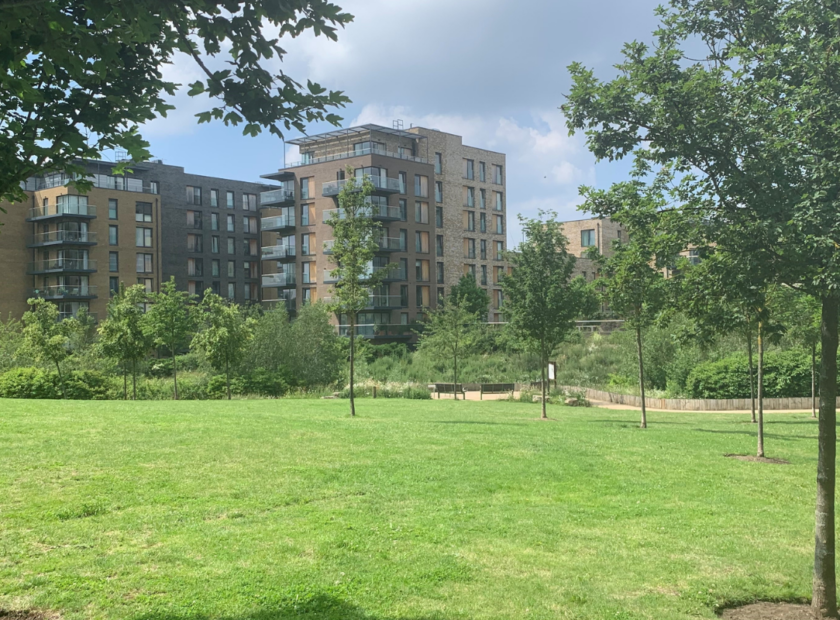The Levelling up and Regeneration Bill will end its committee stage in the House of Commons in late October. With real uncertainty about whether the new Government will drop some of its proposals, now is good time to take stock of some underlying themes of the Bill and particularly the new clauses proposed by Government over the summer. There are two major concerns with this legislation. The first is that it ignores the repeated calls to include specific measures to help communities tackle the climate and cost of living crisis. In short, it contains nothing practical which might make the lives of communities better in the short term.
The second concern is that it contains strong measures to centralise decision making and reduce meaningful community engagement in planning decisions. Public trust in planning is at a low level already partly because of previous deregulation. The effect of the new Bill will further undermine that trust.
The only legal right which communities have in local planning is the right to be heard in front of a planning inspector if they have objected to a local plan. The new Bill weakens that provision by creating new parts of the local plan where this right does not apply. The Bill then creates new National Development Management Policy which, for the first time, clearly trump’s the legal status of local plan policy. This new national policy has no meaningful opportunity for public scrutiny and gives the Secretary of State an even stronger role in local decision making. Government has stressed the opportunities of digitising planning data to improve public engagement. The key issue is that there is no point having access to data if your voice in decision making has been marginalised or if decisions which were once taken locally are now determined in Whitehall.
The Bill as introduced into the House of Commons was largely focused on changes to the local planning process. Over the summer the Government has inserted new clauses which further restrict the voice of communities in the nationally significant infrastructure regime. This process deals with a wide range of energy, transport, commercial and leisure development. New Clause 60 gives a new power to the Secretary of State to shorten the time for public examinations to any duration he or she thinks fit. The current legal framework for decisions has a fixed time scale of nine months for the Planning Inspectorate to make a final decision. Six months of that period is allocated for the examination of highly complex infrastructure proposals. Inspectors use this this time to gather all the evidence they need. Public hearings form a fraction of this process. The current law denies any right for the public to cross examine witnesses. There is no evidence that the current period for the examination is a source of delay rather than an important aspect of due process.
Shortening this examination period even further will mean that the social and environmental impacts will not be properly scrutinised and communities will have even less time to try and have a meaningful voice over development which will have a profound impact on their lives.
The measures set out in New Clause 60 completes a powerful set of legal changes which comprehensively marginalise the voice of local people. These changes are wrong in principle because people voices should count in decision making and often improve the quality of the final outcome. But they are also wrong in practise. The denial of basic public participation in planning decisions and the decisive shifting of power from local authorities to the centre leaves communities silenced. Their only choice will be to campaign and the kind of direct action seen in response to fracking or the 1980s roads program. Ultimately any attempt to build without public consent or meaningful due process will end in expensive failure and bitter political division.




